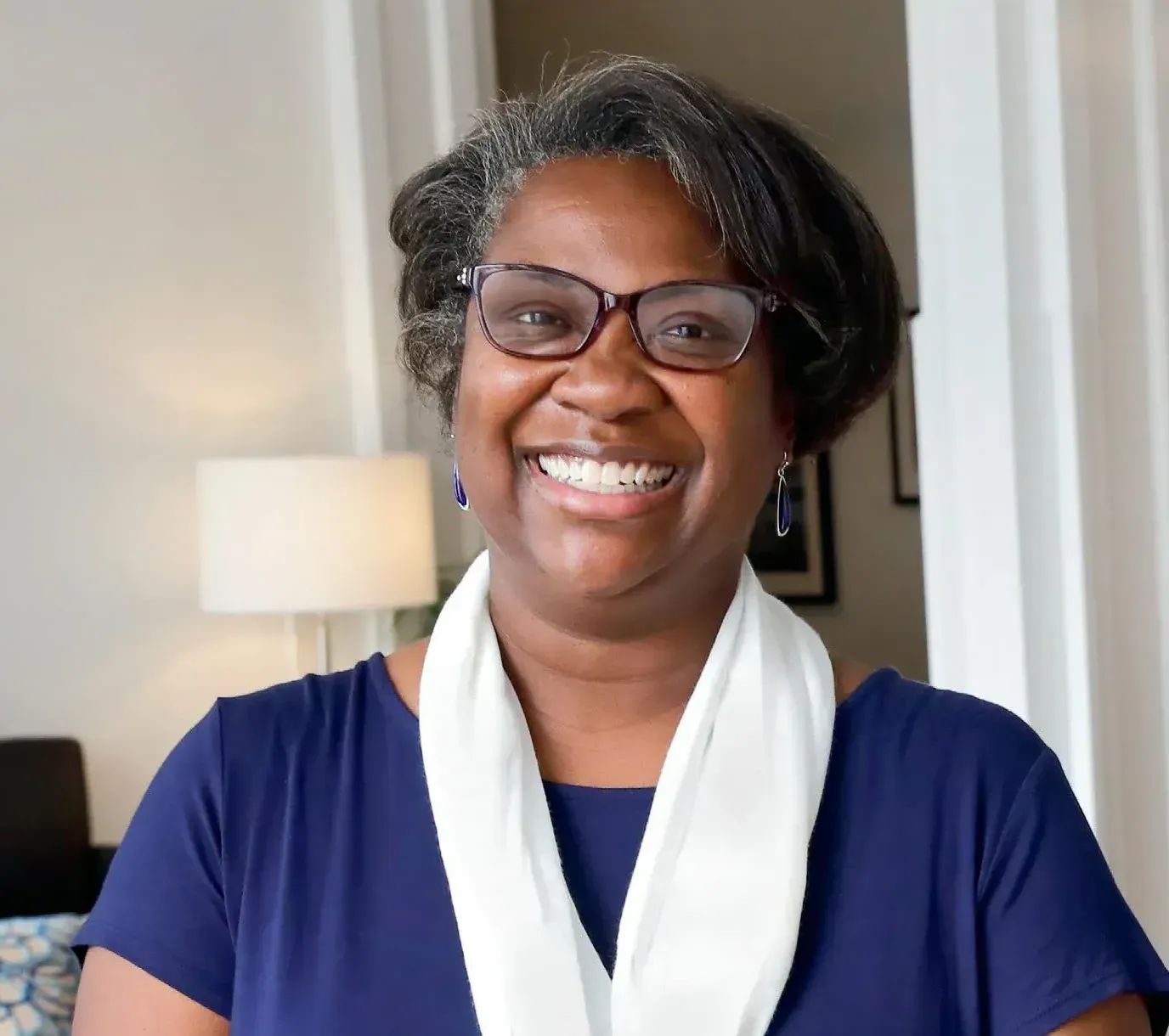LDI News
Leadership Comes in Different Styles

LIWP Leader Spotlight
Anita Thomas, PhD
Executive Vice President and Provost, St. Catherine University
What was your biggest takeaway from LIWP?
The most important piece for me was learning to move into myself as a leader. Ruth Fassinger was one of our faculty members and she talked about the difference between being an accidental leader and an intentional leader. The biggest thing for me that I learned is that leadership comes in different forms and styles. There is no such thing as a perfect leader, let alone a certain type of leadership traits or skills that a perfect leader must have. For me, it was about making the determination to be an intentional leader, and then seeking out leadership opportunities to hone my skills.
I’m definitely much more of a collective leader. There are a lot of African principles about understanding the roles of each member in the group and being able to strengthen each person, so the group functions effectively, as opposed to the solo leader and the followers. To maximize the success of the group, empower people so they focus on their resilience and work together as a team.
How did you apply your LIWP learning to your life and career?
Everything that we’ve learned in LIWP has real applications to my career. I accepted a dean position at the end of the second workshop, because I decided, “If I’m going to be a leader, I’m actually going to lead.” So, everything that we learned in terms of how organizations run, the importance of communication, the importance of transparency and flexibility, all of those served me well into the transition from the dean position to provost.
What’s the best advice you’ve ever received?
To be an intentional leader. I think that as a person of color, we have stereotypes about what makes a good leader. And so, the idea that leadership comes in different styles, flavors, and approaches, and really owning that sense of leadership for myself, was probably the best advice that I’ve gotten. You can lead people based on your personality, your skills, your traits.
What advice would you give to other women who are midcareer leaders in psychology?
I would say two things: I think it’s really critical that people have a good sense of what their passion areas really are and that they develop their professional goals around that. One of the things that I think we get caught up in is the actual roles, tasks, and responsibilities that we have in our positions and lose what fuels us, what gets us out of bed every day, what we are most excited about. Without keeping that center it’s easy to get stagnant and really burned out. I have a mission statement that my dissertation advisor asked me to write. And everywhere I go—each job—it’s always hanging up on some bulletin board or somewhere, and I need to look at it to remember, “This is why you’re angry with this person,” or, “This has to get done and how can you get closer to that?” The second piece of advice really is that leadership comes in different styles. There isn’t a perfect leader and there’s flexibility needed to lead in different contexts. People laugh at me when I say this, but even Michelle Obama went to the White House with her mother and then she had aides and personal assistants. Even though I may identify with her as a leader, I remind myself that she still had a team of people, so it is important to remember that.
What can you share with your LIWP alumna sisters about what you learned about yourself as a leader in the process?
You know what? This is going to sound hilarious. I think I’m brilliant. That’s something I’ve learned about myself in leadership and I will tell that to my faculty all the time. We’ll be in a meeting and I’ll be listening and then I’ll propose, “Okay, this is where I think we should go,” and people will respond, “That’s a great answer,” and I respond, “Yes, because I’m brilliant.” But in all seriousness, I have learned to trust myself. And I will say to myself, “Anita, you are brilliant. If you have an answer, go for it. You can change it later if it’s not right, it can be tweaked.” I have learned to trust myself and really feel that I have skills and that that is why I was hired.
From LeadHERship, Vol. 5 (2021)
